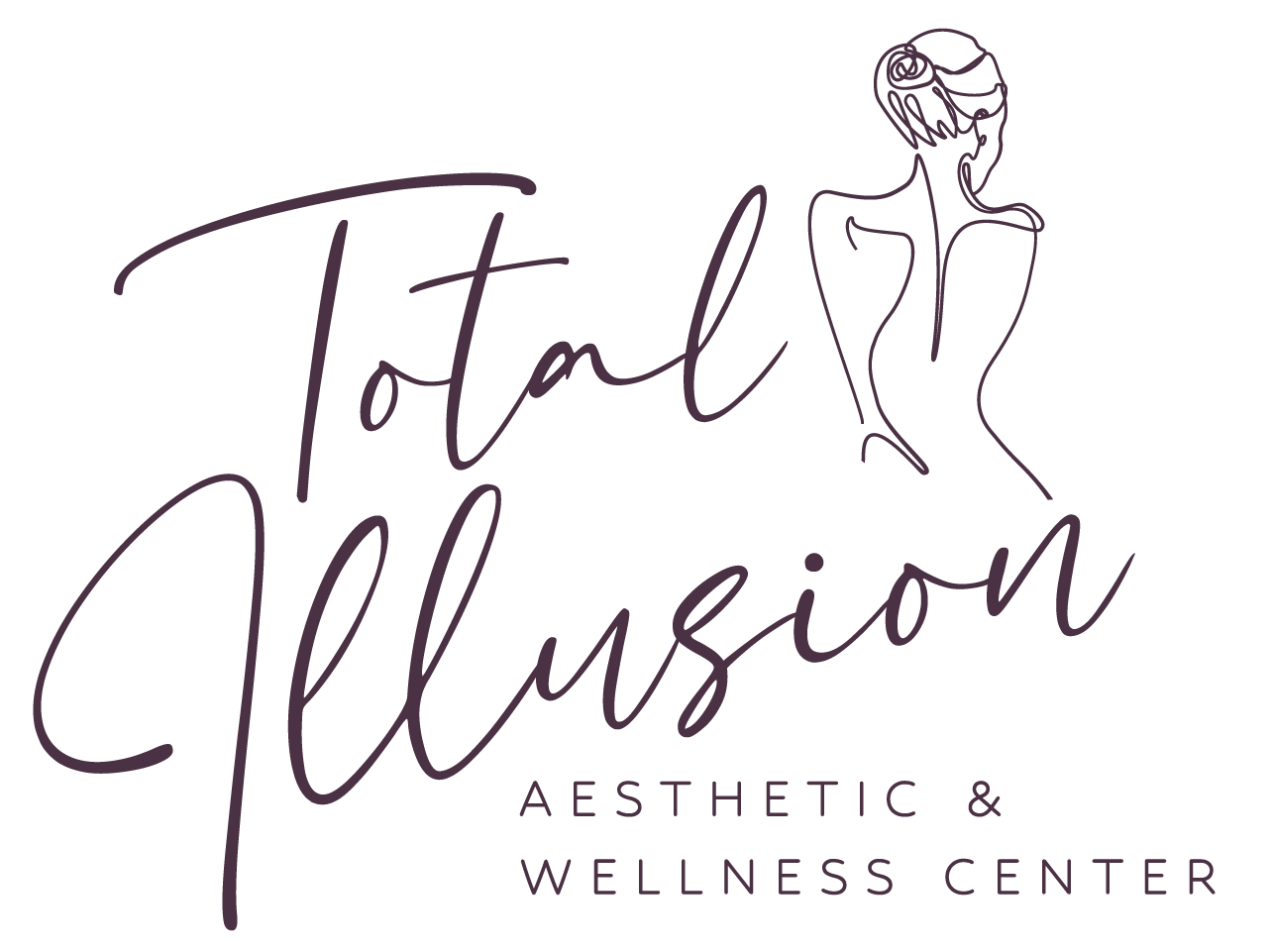Understanding a Common but Often Overlooked Condition
Hypoactive Sexual Desire Disorder (HSDD) is one of the most common forms of female sexual dysfunction, yet it remains largely underdiagnosed and misunderstood. Characterized by a persistent or recurrent lack of sexual desire that causes distress or interpersonal difficulty, HSDD can significantly impact a person’s quality of life and relationships.
What is HSDD?
HSDD is defined by a chronic deficiency or absence of sexual thoughts, fantasies, or desire for sexual activity. It is not simply about low libido—to be diagnosed with HSDD, the lack of desire must be accompanied by marked personal distress or difficulties in relationships.
Who Does It Affect?
HSDD can affect anyone but is most commonly diagnosed in women, particularly those who are premenopausal. It can occur at any stage of life and is influenced by a variety of biological, psychological, and social factors.
Causes of HSDD
HSDD is multifactorial, and the underlying causes can include:
Hormonal changes (e.g., during menopause, postpartum, or due to contraceptive use)
Medical conditions (e.g., diabetes, depression, thyroid disorders)
Medications (e.g., antidepressants, antihypertensives)
Relationship issues or past trauma
Psychological stress, anxiety, or low self-esteem
Symptoms of HSDD
Absence of sexual thoughts or fantasies
Decreased or no interest in initiating sexual activity
Distress or frustration over lack of sexual desire
Strain in relationships due to mismatched sexual interest
Diagnosing HSDD
There is no single test to diagnose HSDD. Diagnosis typically involves a comprehensive evaluation, including:
Detailed medical and sexual history
Discussion of emotional and relationship health
Assessment of hormone levels or underlying conditions if needed
Treatment Options
Managing HSDD requires a personalized, multi-faceted approach that may include:
Lifestyle changes: Stress reduction, improved sleep, and regular exercise
Counseling or sex therapy: Addressing psychological or relational issues
Hormonal therapy: For those with hormone-related causes
Medications: FDA-approved treatments like flibanserin (Addyi) or bremelanotide (Vyleesi) for premenopausal women
Mindfulness practices: Techniques to improve body awareness and sexual responsiveness
Why It Matters
Sexual health is an important aspect of overall well-being. Left untreated, HSDD can negatively impact self-esteem, emotional intimacy, and relationship satisfaction. Open conversations and compassionate care are key to addressing this condition effectively.
Conclusion
Hypoactive Sexual Desire Disorder is a real, diagnosable condition that deserves attention and empathy. If you or someone you know is struggling with low sexual desire that causes distress, seeking help from a healthcare provider or sexual health specialist can be the first step toward rediscovering intimacy and improving quality of life.



